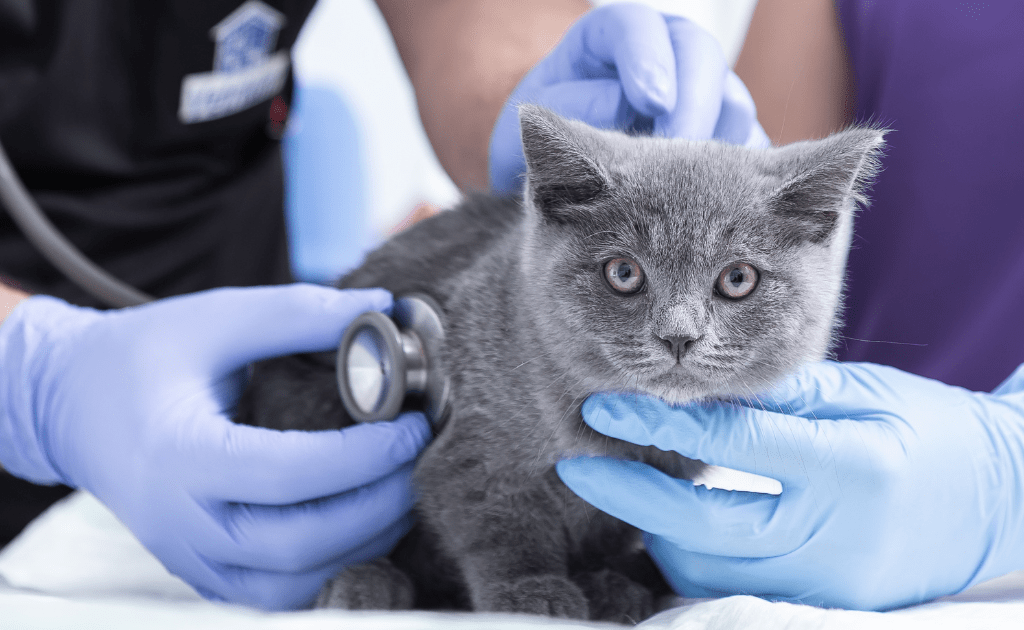The Opportunity
Companion animals, including pet dogs and cats, share many diseases and disorders with humans, ranging from cancers to cardiac diseases to psychiatric disorders. Additionally, our pets have huge genetic diversity, and live in a shared, complex environment with humans. As such, naturally occurring diseases in companion animals present an almost perfect model—and a largely untapped opportunity—for the development of new disease treatments.
This opportunity resides within the realm of translational health research, which unites basic science, veterinary health research, and human health research. Translational health research brings scientific discoveries out of the lab and into the clinic through the development of new treatments that benefit animal and human health.
OVC’s Unique Capacity

At the University of Guelph and Ontario Veterinary College’s Health Sciences Centre, we have a unique capacity to conduct companion animal clinical trials. With the increasing number of companion animal cancer patients, we are able to recruit and conduct numerous clinical trials in a variety of cancer types. Read more about our active clinical trials.
Our centre is the first Canadian institution involved in the NIH Comparative Oncology Trial Consortium through the Institute for Comparative Cancer Investigation.
“Our extensive experience in companion animal clinical trials allows us to fill an unmet translational gap in cancer therapy design for people, and this has attracted significant attention from human clinical cancer scientists. Through this work, we will establish regulatory pipelines to change the landscape of how cancer interventions are evaluated and approved.”
– DR. JIM PETRIK, Co-Director of the Bench to Bedside Institute for Translational Health Research and Innovation



